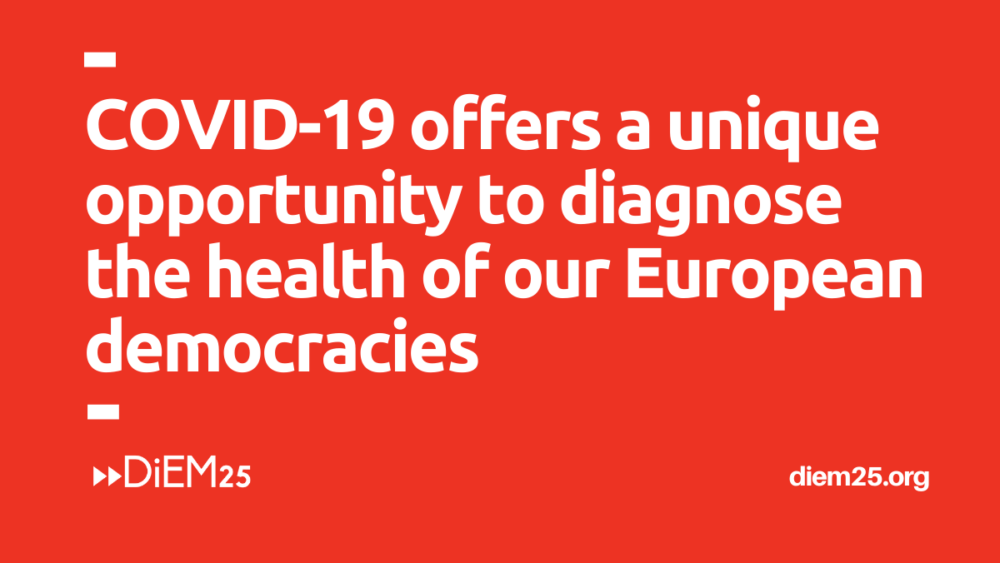The growing coronavirus outbreak that has swept Europe in the last couple of weeks has illustrated existing divisions within the European Union [EU]. When the response to such a crisis should be organisation, coordination and solidarity, European countries are reacting as though the European Union didn’t exist.
Just a few days after failing to deliver on the EU budget, which is smaller than the total public spending of Austria (168 vs 180 billion), national governments have begun considering closing their borders to people coming from Italy, the latest site of a coronavirus outbreak. If there was a European emergency response agency with its own budget and manpower, this crisis could be managed properly.
Considering that most countries have been shrinking their own public healthcare systems for decades, they might not be able to face what is coming. Human rights observers have already warned that austerity measures have slowly been ‘eroding the social and economic rights of Europeans’ in the last couple of decades, and in the midst of this crisis their effect on European democracy can be observed.
The United Kingdom’s NHS cuts and other measures have already weakened the struggling public healthcare system, with doctors having warned that “years of austerity and cuts to the Health Service mean it could crumble in the event of a full-blown outbreak.” In France, hospital doctors threatened to resign from their administrative positions over the absence of proper state funding and lack of staff, months before the virus even appeared. Public service cuts have also had disastrous consequences in other areas — such as in Australia’s bushfires, which had to rely on volunteer and foreign firefighters after funding for the Rural Fire Service was slashed by its Prime Minister.
European countries have lowered the number of beds, healthcare personnel and hospitals, because right-wing governments have, for decades, been putting the interests of shareholders before the interests of the general public. The population is now left with disorganised and weakened state structures that cannot, according to doctors, face the normal course of events anymore. As a result austerity measures, a major crisis is now unfolding across Europe as the lack of beds, equipment and staff have forced doctors and nurses to start making impossible decisions about who to save.
The weakened Italian state might not be able to provide enough masks or hospital beds, or enough doctors and nurses in the forthcoming days. We don’t need more borders or cops and dogs in Europe, we need solidarity and for our representatives to prioritise and protect the common good. Public service cuts fueled by austerity measures render us defenceless against health crises such as that of COVID-19. In order to tackle this crisis, we need a bigger EU budget funded by taxes on the rich and the companies which use and abuse the many opportunities the EU has created for them.
This threat to public health calls for Europeans to question current political demands towards more austerity or nationalism, and to advocate for alternatives, such as a Green New Deal for Europe which offers the foundation we need to transform Europe. DiEM25 has been fighting austerity ever since it was founded. The coronavirus pandemic offers a unique opportunity to diagnose the health of our European democracies.
Listen to Yanis Varoufakis speak on the political and economic impact of the coronavirus in this video.
Do you want to be informed of DiEM25's actions? Sign up here















